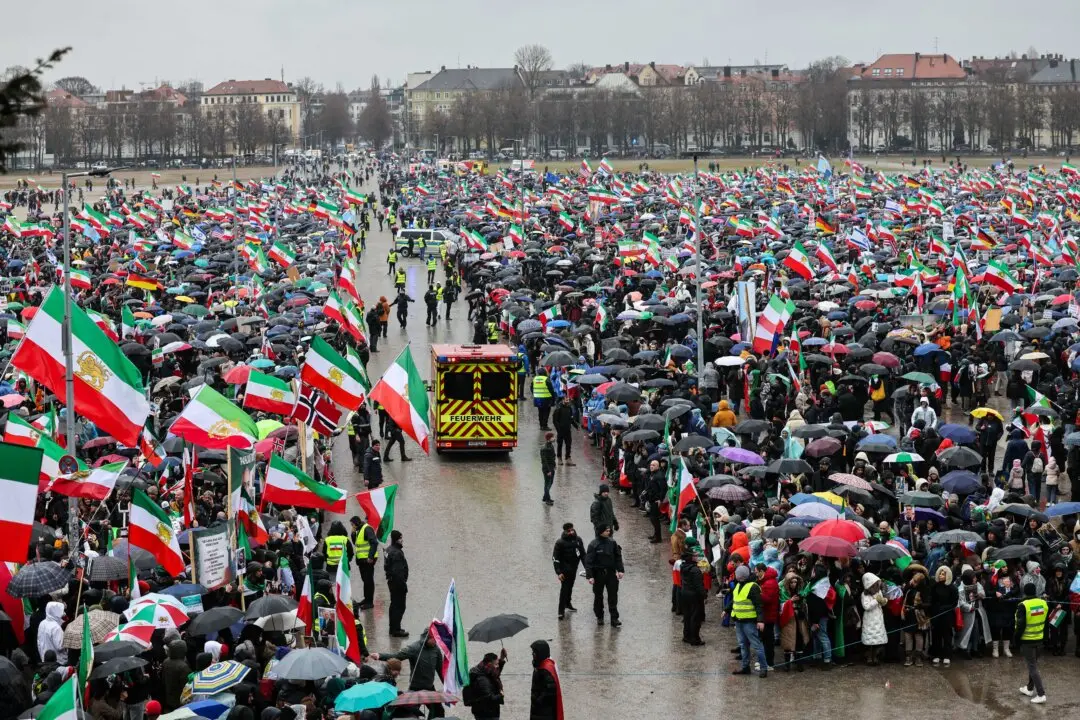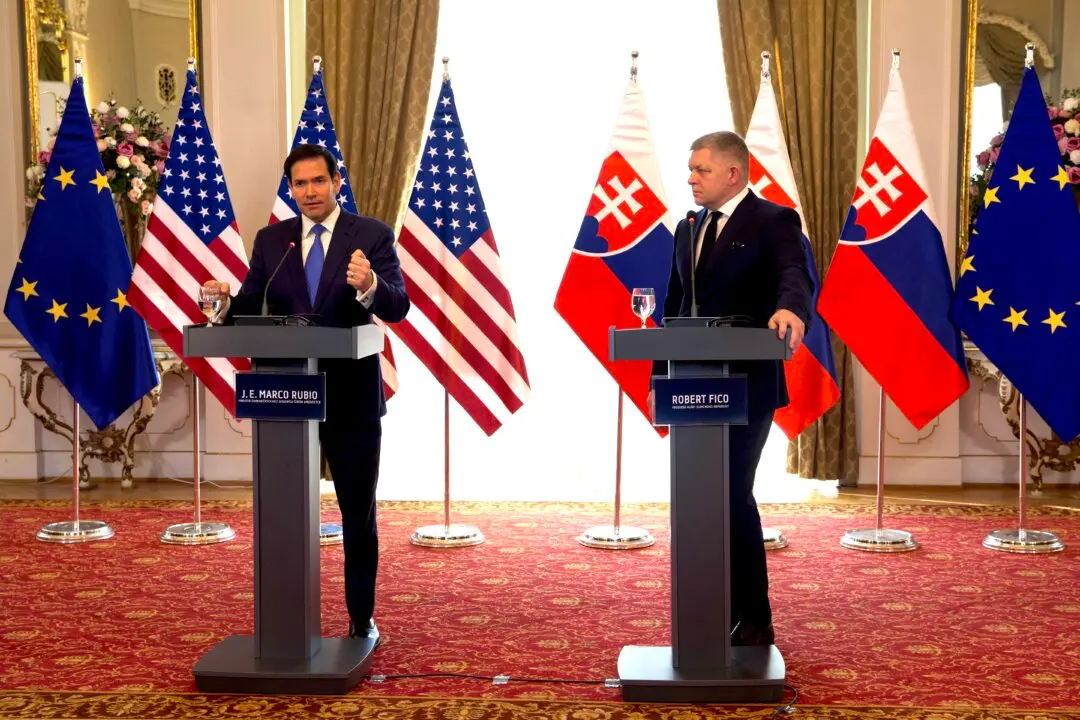U.S. Secretary of State Marco Rubio on Sunday said a negotiation process for ending the war in Ukraine had not yet begun in earnest, and that if talks advanced, Ukraine and other European countries would be brought into the fold.
On Feb. 16, the French government stated it will host a summit of European leaders on Feb. 17 to discuss the Russia–Ukraine war and European security after retired Lt. Gen. Keith Kellogg, Trump’s special envoy for Ukraine and Russia, did not include Europe in negotiations over Ukraine’s future following years of war with Russia.





